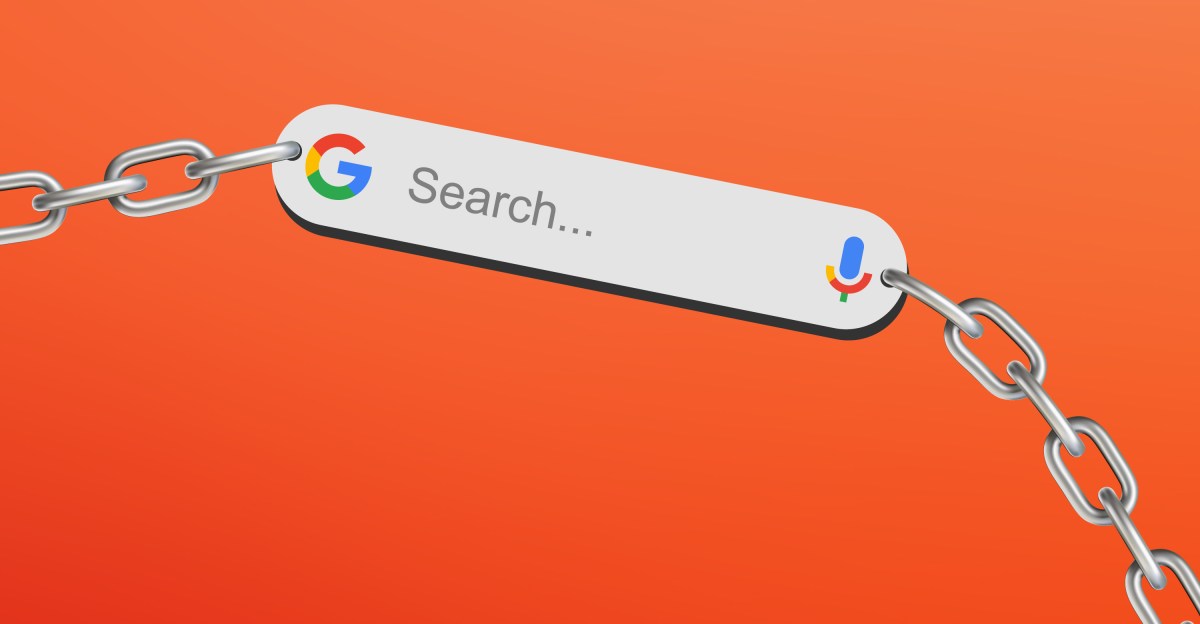Google Seeks to Shield AI Ambitions from Antitrust Search Remedies

Key Points
- Google and the DOJ met in Washington to discuss a court order targeting search‑related antitrust concerns.
- The order requires Google to reduce aggressive tactics that favored its search engine and to share data with rivals.
- Judge Amit Mehta rejected the DOJ’s most aggressive proposals, such as spinning off Chrome.
- Google argued that restrictions should not impede the rollout of its Gemini AI app bundled with YouTube and Maps.
- The judge warned that bundling Gemini could give Google undue leverage over manufacturers.
- Google maintains that its AI services are distinct from its search monopoly and lack monopoly power.
Google and the Department of Justice met in Washington to fine‑tune a federal court order that curtails the tech giant’s search practices. While the order aims to restore competition in the search market, Google argues that the imposed restrictions should not hamper the rollout of its Gemini AI app, especially when bundled with services like YouTube and Maps. The judge expressed concern that such bundling could give Google undue leverage, but also rejected the most aggressive DOJ proposals. Google maintains that its AI offerings are distinct from its search monopoly and should not be subject to the same remedies.
Court Hearing on Search Remedies
In a federal courthouse in Washington, a judge overseeing a landmark antitrust case heard arguments from Google and the Department of Justice about how to implement a court order that addresses Google’s alleged monopoly in the search market. The order requires Google to scale back certain tactics that favored its search engine and includes provisions for sharing search data with rivals and prohibiting exclusive distribution contracts.
The judge dismissed the DOJ’s most sweeping proposals, such as separating the Chrome browser, but affirmed measures intended to foster competition.
Google’s Push to Protect AI Growth
Representing Google, attorney John Schmidtlein urged the court not to block the company from bundling its Gemini artificial‑intelligence app with other Google products, including YouTube and Maps. He argued that the AI market is still emerging and that imposing the same restrictions as those placed on search would hinder Google’s innovation.
Judge Amit Mehta voiced concern that requiring manufacturers to install Gemini as a condition for accessing Maps and YouTube could give Google undue leverage to promote its AI offering. Google countered that services such as Maps and YouTube are not “monopoly products” and that the company has not yet achieved monopoly power in the AI sector.
The dialogue highlighted a tension between antitrust remedies aimed at correcting search‑related competition issues and Google’s desire to expand its AI portfolio without regulatory constraints.